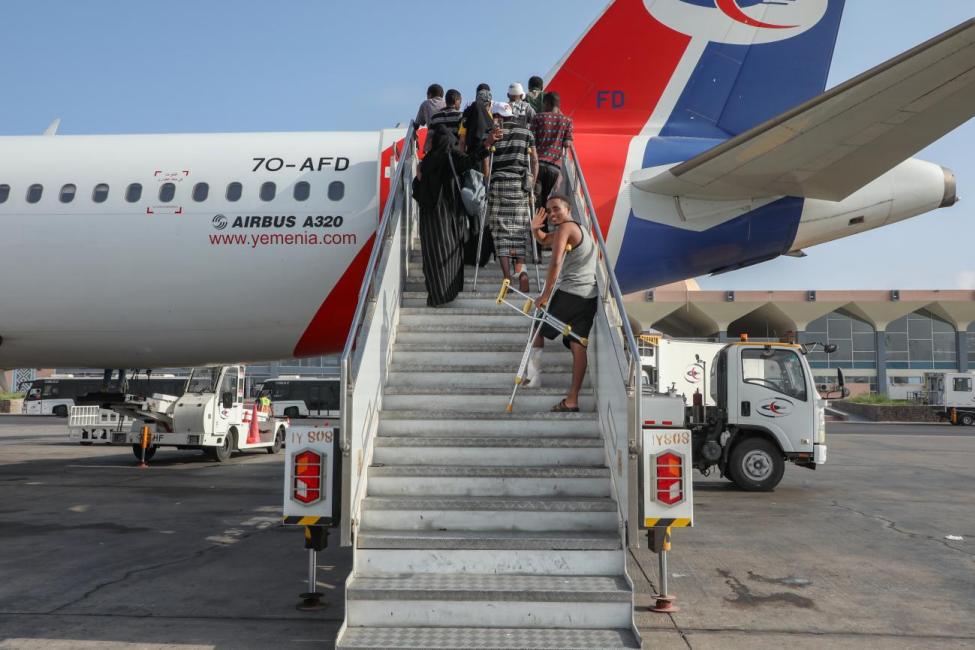The International Organization for Migration (IOM) has organized 30 Voluntary Humanitarian Return (VHR) flights this year, including one on December 5 that brought 175 migrants from Aden, Yemen, back to Ethiopia. These flights have helped nearly 4,800 migrants return home in 2024, offering them a fresh start after facing severe hardships.
IOM’s Chief of Mission in Yemen, Abdusattor Esoev, described these flights as a vital lifeline for stranded migrants. However, he highlighted the urgent need for more international funding to sustain these operations and meet the growing demand for assistance.
Migrants in Yemen endure harsh conditions, with little access to food, healthcare, or safe shelter. Many live in makeshift accommodations or are forced to beg, making them vulnerable to abuse, exploitation, and gender-based violence. Those attempting to leave Yemen face additional dangers, including exploitation by smugglers and risky sea crossings.
The risks are stark: at least 462 migrants have died or gone missing during sea crossings between Djibouti and Yemen in 2024, while 90 more deaths have been recorded along the Eastern Route. These figures likely underestimate the true toll, as many tragedies go unreported.
Through the VHR programme, IOM provides critical support such as healthcare, food, shelter, and protection services. Mobile teams and community-based facilities extend help to migrants in remote and underserved areas. Despite these efforts, significant gaps remain, underscoring the need for stronger international collaboration and increased funding.
Currently, the VHR programme is supported by the U.S. Bureau of Population, Refugees, and Migration (PRM), the German Federal Foreign Office (GFFO), and the Government of Norway. IOM is urging the global community to provide more resources to continue these life-saving initiatives and prevent further loss of life.

